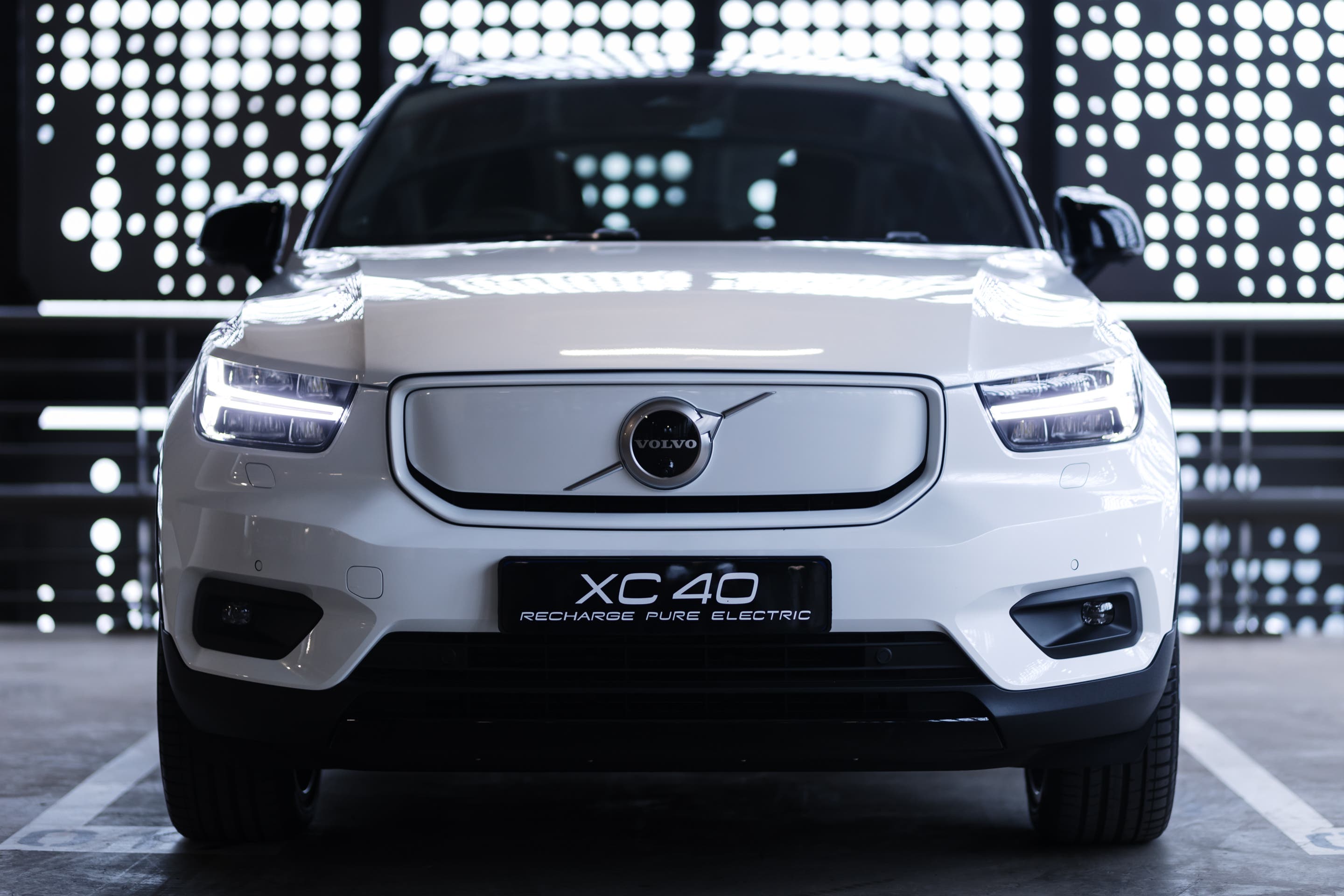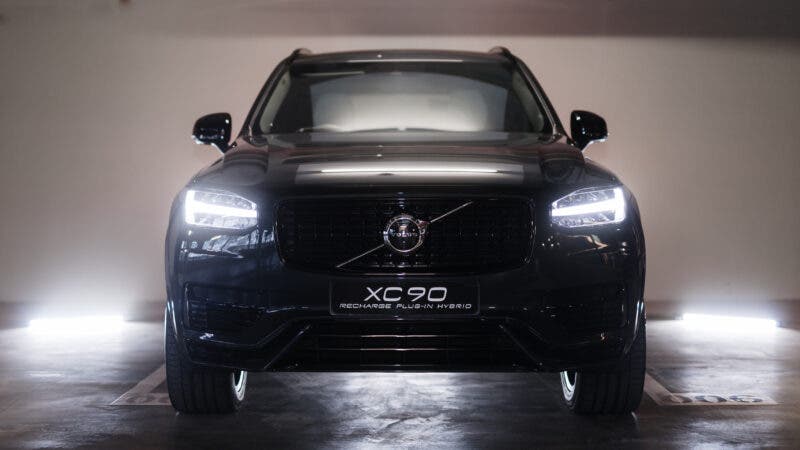
Sales of battery-electric vehicles continue to show steady progress in South Africa. Battery-electric vehicle sales breached the 500 units per year mark in South Africa for the first time ever in 2022. Last year, 502 battery-electric vehicles (BEVs) were sold in South Africa, up from 218 in 2021. Sales in the first four months of this year indicate that BEV sales could double again this year. In the first four months of 2022, 138 battery-electric vehicles were sold in South Africa. Now, one year later, sales of battery-electric vehicles have doubled over the same period. 284 battery-electric vehicles were sold in South Africa from January to April of this year, representing a 105.8% change, according to reports released by naamsa.
In the overall market, 175,678 units of domestic vehicle sales were recorded from January to April 2023, an increase of 2,291 units or 1.3% compared to the same period last year. The 284 battery-electric vehicles sold during that period means that BEVs are still only 0.16% of sales in South Africa, but the industry looks promising.
One of the companies that is really stepping up and bringing EVs to South Africa is Volvo. We caught up with Volvo Cars South Africa Managing Director, Greg Maruszewski (GM).
Here is a summary of the interview:
RJK: What are your views on the South African vehicle market in general?
GM: The market currently is fairly soft, more or less flat versus last year. Knowing that last year, there were quite a few manufacturers with supply issues, which have to some extent been resolved now, it does point to a market which has demand constraints. However, I do think it should pick up towards the end of the year if there are no further negative news on the horizon.
RJK: What are your views on the South African electric mobility landscape?
GM: Currently a very small portion of the total car market is EV, but that is growing quickly, albeit off a small base. It does need consumer education, to address the few key concerns, like charging infrastructure, load-shedding, and range. I think the premium car market will adopt the EV offer sooner than the rest of the segments. Volvo will be fully electric by 2030, and this does not concern me at all from the South African perspective. The technological innovations over the next few years will address most, if not all, the concerns of our customers, so there will be less and less reasons not to buy an electric car.
RJK: How many models of battery-electric, plug-in hybrid, and traditional hybrids does Volvo offer in South Africa?
GM: Every single model derivative in Volvo Car South Africa’s line-up features some sort of electrification, ranging from mild hybrid through to fully electric. Currently, the portfolio includes plug-in hybrid versions of the XC60 and XC90 (each wearing the T8 badge and available across multiple trim levels) as well as BEVs in the form of the XC40 Recharge and XC40 Recharge Twin, the C40 Recharge Twin, and the brand-new EX30 range (pre-orders of the latter are already open in South Africa, with five variants on offer). All remaining model derivatives feature mild-hybrid petrol powertrains.
RJK: What has been the response to the introduction of Volvo EVs in South Africa so far?
GM: I think phenomenal is the correct word to use. We were surprised by the interest and level of orders that came in. With a more robust supply chain, we are now starting to meet demand and hopefully build up some stock for customers to be able to buy the product off the floor without waiting for months to experience our product.
RJK: We saw a while back you offered some EVs via online sales and these were sold out quickly — what are your plans to increase the allocation of BEVs for the South African market?
GM: The limited slots for SA were due to high global demand. We have since increased our production of EVs across the world so hopefully we will not have these shortages again, and if we do it might only be during the launch phases where it’s more acceptable.
RJK: Some OEMs have partnered with EV charging companies to roll out charging networks across South Africa — do you have plans to do the same?
GM: We do not believe that this sort of marketing is effective. You don’t see petrol pumps being branded with various car brands, why electric stations? We would rather invest more directly in educating the public about EVs as well as communicate the benefits of EV to the general public.
RJK: In your view, what are some of the challenges and things holding back the adoption of electric vehicles in South Africa, and Africa in general?
GM: A few challenges, obviously pricing is one, but we think that will be addressed in the next few years where BEV and ICE car price parity will be reached. We think we did a lot of solid work to that end, with our EX30 pricing announced recently. Charging infrastructure needs to expand, but I have no doubt that will happen once the sales pick up. Load-shedding is perceived to be a stumbling block, but we don’t think it is a major issue, without discounting the severity of the impact of load-shedding on the economy, which is obviously damaging, and in any case the government is working on a solution, and solar power will continue to grow in its popularity as an alternate source of electricity.
RJK: Volvo Trucks South Africa recently unveiled an all-electric heavy duty truck — are there any shared visions and goals with the heavy trucks company?
GM: The Volvo Group, which distributes trucks among other products, is a totally separate company with separate shareholders and management team. We only share the Volvo name due to historical joint ownership which ended in 1999. Therefore, we would not have shared visions, but I think we do share the goal of making motoring cleaner for the environment.
RJK: Any plans to bring sister brands to SA like Polestar and Zeekr?
GM: No plans currently, but as soon as the EV market in SA has grown to a level where a stand-alone electric brand can prosper, I am sure we will see not only these brands, but a few others enter the market.
Images courtesy of Volvo Cars
Sign up for daily news updates from CleanTechnica on email. Or follow us on Google News!
Have a tip for CleanTechnica, want to advertise, or want to suggest a guest for our CleanTech Talk podcast? Contact us here.
Former Tesla Battery Expert Leading Lyten Into New Lithium-Sulfur Battery Era — Podcast:
I don’t like paywalls. You don’t like paywalls. Who likes paywalls? Here at CleanTechnica, we implemented a limited paywall for a while, but it always felt wrong — and it was always tough to decide what we should put behind there. In theory, your most exclusive and best content goes behind a paywall. But then fewer people read it! We just don’t like paywalls, and so we’ve decided to ditch ours. Unfortunately, the media business is still a tough, cut-throat business with tiny margins. It’s a never-ending Olympic challenge to stay above water or even perhaps — gasp — grow. So …







